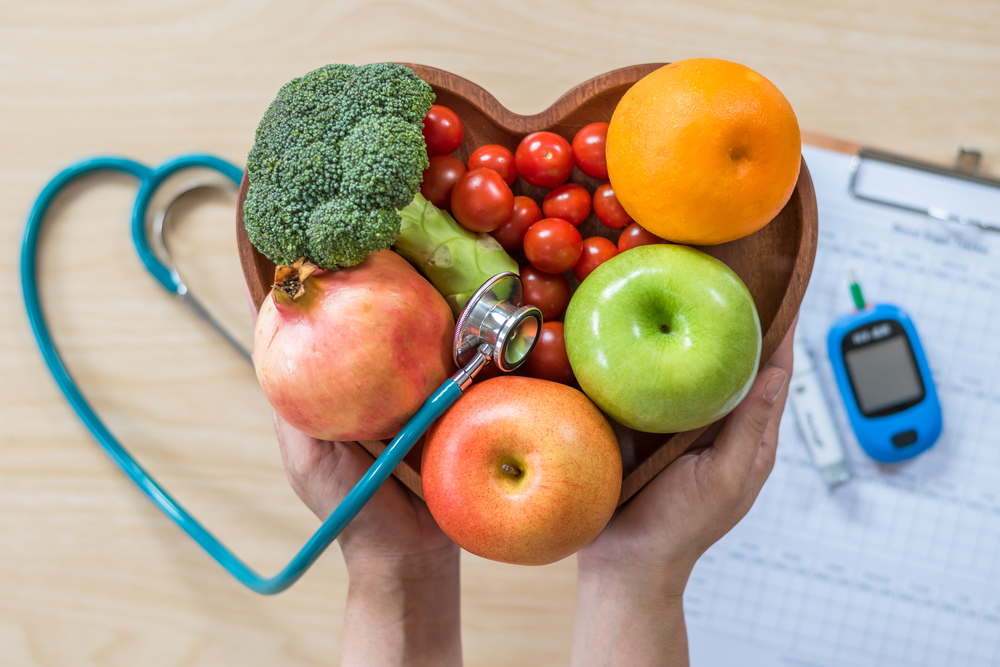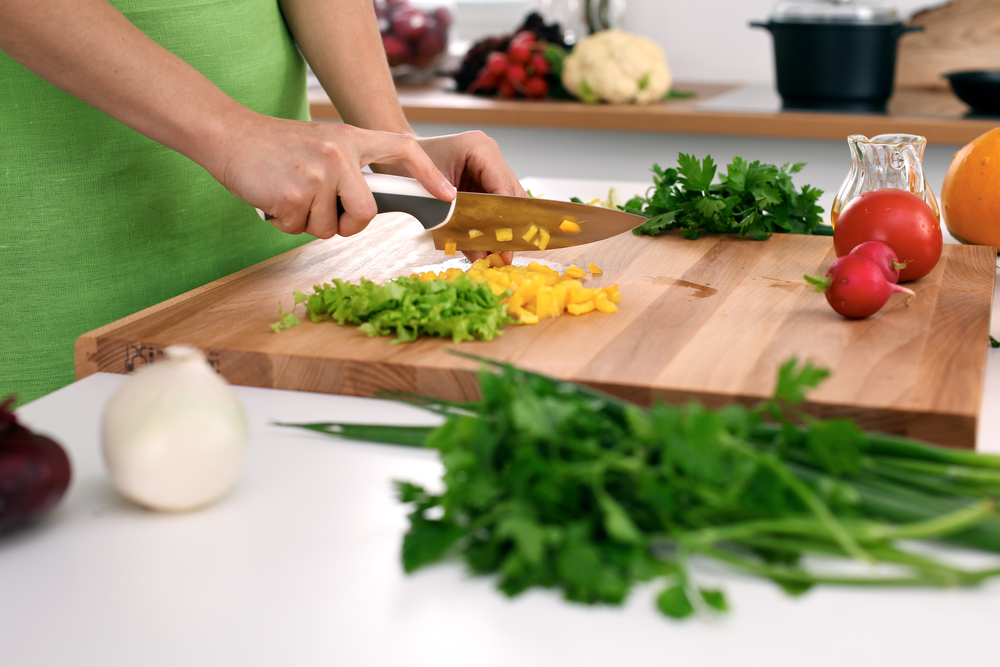
You have tried several different diets, followed all the trends, used all of the new promising supplements and devotedly engaged with exercise programs at the gym. Still, the scale does not move and those extra kilograms do not seem to go anywhere. As a naturopath, I can tell you that this is a very common scenario, and my patients often ask “What is wrong with me?”. If this sounds familiar, the answer could be in food-related inflammation.
What Is Food-Related Inflammation?
A certain level of inflammation in the body is needed to heal in response to any injuries, however, it should resolve promptly. If it doesn’t, the body stays in a state of chronic inflammation potentially leading to several health complications.
How Does Inflammation Relate To Food?
Excluding allergies, coeliac disease or lactose intolerance, our bodies should be able to maintain a healthy relationship with food. Issues can arise though when there is an excessive and repetitive intake of certain foods leading to food-related inflammation. Under these circumstances, the body produces substances called cytokines, which if elevated in the blood and gut for a prolonged period of time cause a chronic state of inflammation. Food-related inflammation and the reactivity towards food can be clustered in food groups, usually linked to the excessive intake of those. Wheat and gluten, yeast, milk and its derivatives, as well as nickel, constitute some of the “Great Food Clusters”.
What Does Food-Related Inflammation Do?
We now know that food-related inflammation can have an impact on many conditions including type 2 diabetes, colitis, autoimmune diseases or even migraines. It is also known to significantly impact on weight gain and obesity, with people suffering from food-related inflammation at higher risk of developing insulin resistance and fat accumulation as a defence mechanism.
What Are The Solutions?
The two key cytokines involved in this process are called BAFF (B cell-Activating Factor) and PAF (Platelet Aggregating Factor). Nowadays, there are tests available which can determine the levels of inflammation in the body by measuring the levels of BAFF and PAF together with the levels of antibodies (proteins produced by the immune system to fight what the body considers as an “intruder”) to specific food groups. In this way we can determine the body’s level of inflammation as well as the reactivity to certain foods, thereby defining someone’s Personal Food Profile.
At Marion Gluck Clinic you are now able to book a dedicated naturopathic consultation, and we are able to offer a “Marion Gluck Clinic – Food Inflammation Test” together with personalised nutritional advice as part of this.
Getting Results
The good news is that the human body has a great ability to adapt, and therefore it is possible to re-establish tolerance to foods by following a gradual and controlled intake of the foods shown to cause reactivity. This is done in a process similar to weaning in babies, or a rotation diet, where within a few months one will be able to eat most foods again. The levels of PAF and/or BAFF and the corresponding food-related inflammation should reduce, re-establishing health and balance in the body.
A personalised relationship with food is the best way to keep inflammation at bay, ultimately allowing for a good body metabolism, balanced insulin sensitivity and a healthy weight.
By Vera Martins, Marion Gluck Clinic Naturopath. Book an appointment with Vera here.






